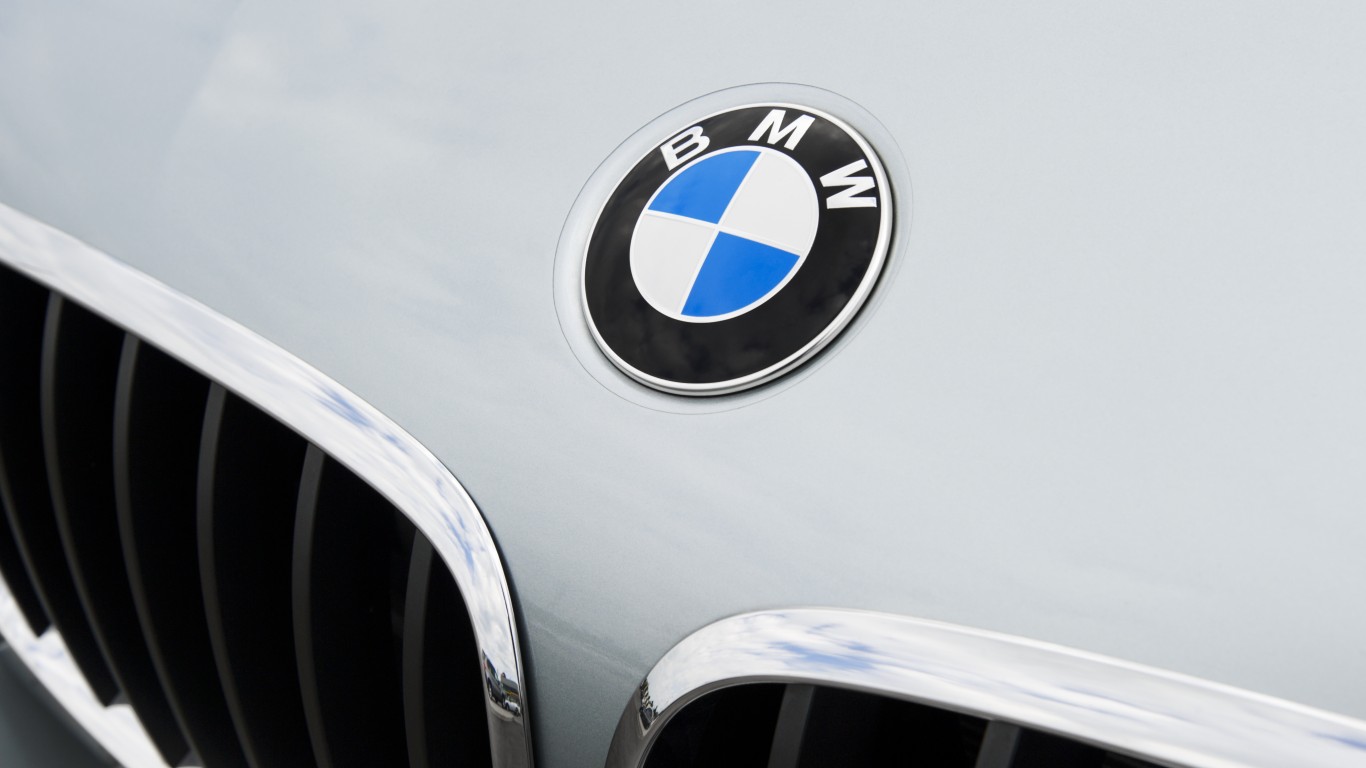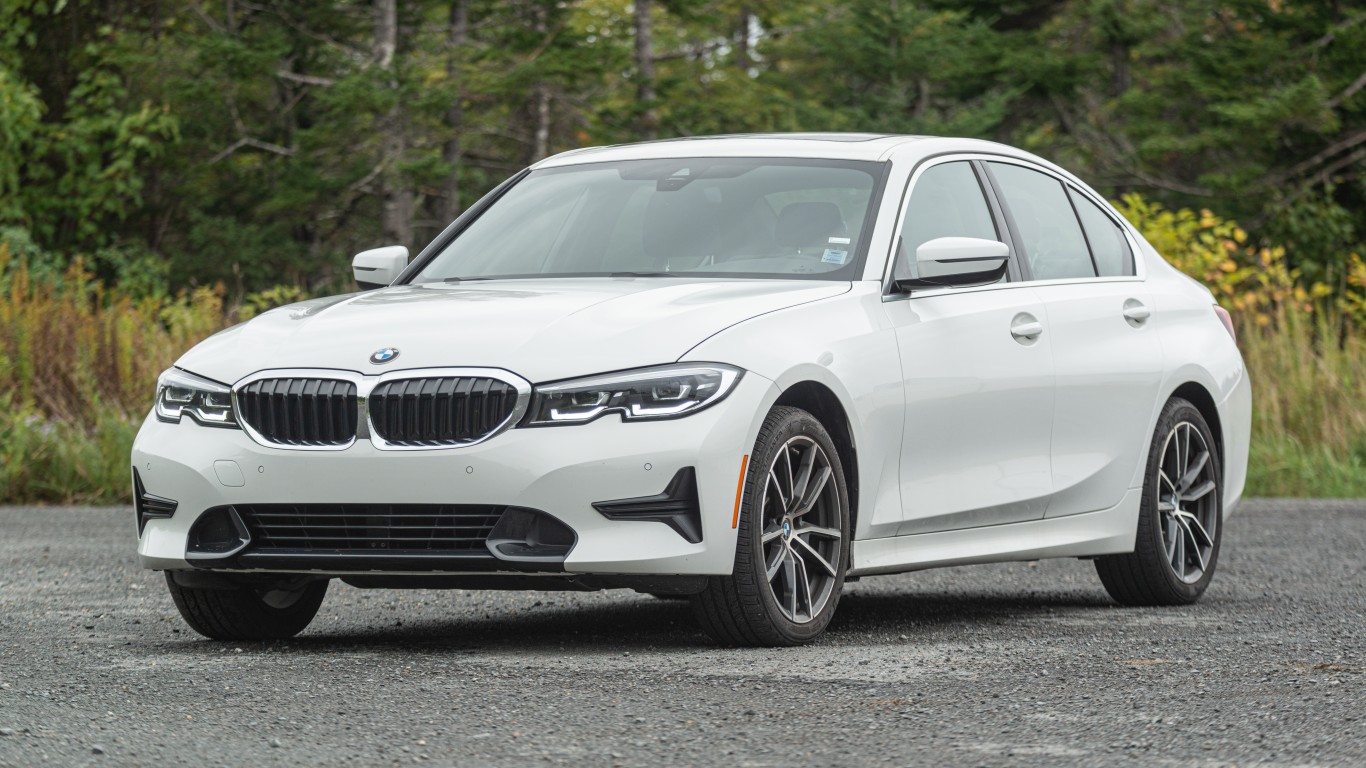
Consumer Reports is out with its latest car brand ranking. The study is influential, widely read, and likely affects many car purchasing decisions. BMW was at the top of the 34 brands that Consumer Reports evaluated.
The results were based on a survey of Consumer Reports. Among those things evaluated was reliability, which was based on its tests. It also tests cars for customer satisfaction and safety. Another category is “green,” which is based on engine admissions. (This is the least dependable car brand in America.)
Brands could score between zero and 100. The firm divided brands into two categories: luxury and mainstream. BMW won the luxury category and had the best score among all brands at 82. Subaru was the top mainstream brand with a score of 80, which tied it with luxury brand Porsche. Jeep finished last with a score of 46.
The Best Car Brand

BMW is among the top-selling luxury car brands in America. BMWs first graced American roads in the late 1950s. They started to sell well in the 1970s and 1980s. At that point, BMW and Mercedes began to challenge the sales leadership of American brands Lincoln and Cadillac. Today, cars from countries outside the United States dominate the luxury car market. Several brands from Japan have joined BMW and Mercedes, led in sales by Lexus, which is part of Toyota.
BMW is the primary brand of publicly traded Bayerische Motoren Werke. It sells 20 U.S. models, including sport utility vehicles, coupes, sedans, and convertibles. It has several electric vehicles and a high-performance division brand, the M series. BMW has several “low-priced” cars, including the 2-Series line, with a base price below $40,000. It also has several models that sell for over $150,000.
BMW has long been considered a gold standard of luxury cars. Consumer Reports has helped it uphold that image.
Are You Still Paying With a Debit Card?
The average American spends $17,274 on debit cards a year, and it’s a HUGE mistake. First, debit cards don’t have the same fraud protections as credit cards. Once your money is gone, it’s gone. But more importantly you can actually get something back from this spending every time you swipe.
Issuers are handing out wild bonuses right now. With some you can earn up to 5% back on every purchase. That’s like getting a 5% discount on everything you buy!
Our top pick is kind of hard to imagine. Not only does it pay up to 5% back, it also includes a $200 cash back reward in the first six months, a 0% intro APR, and…. $0 annual fee. It’s quite literally free money for any one that uses a card regularly. Click here to learn more!
Flywheel Publishing has partnered with CardRatings to provide coverage of credit card products. Flywheel Publishing and CardRatings may receive a commission from card issuers.
Thank you for reading! Have some feedback for us?
Contact the 24/7 Wall St. editorial team.




